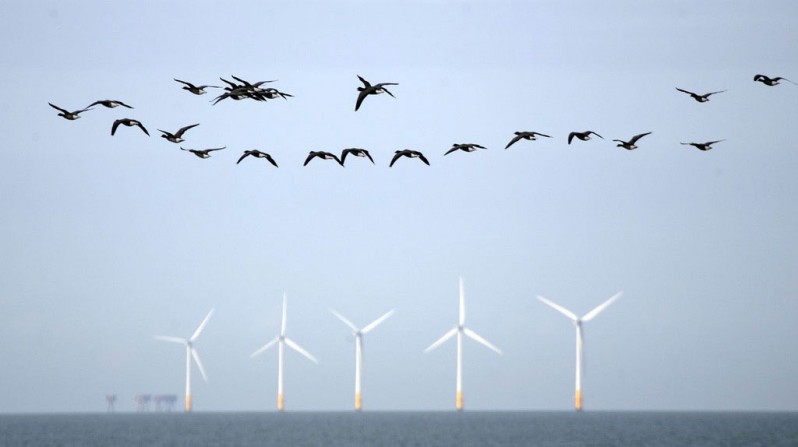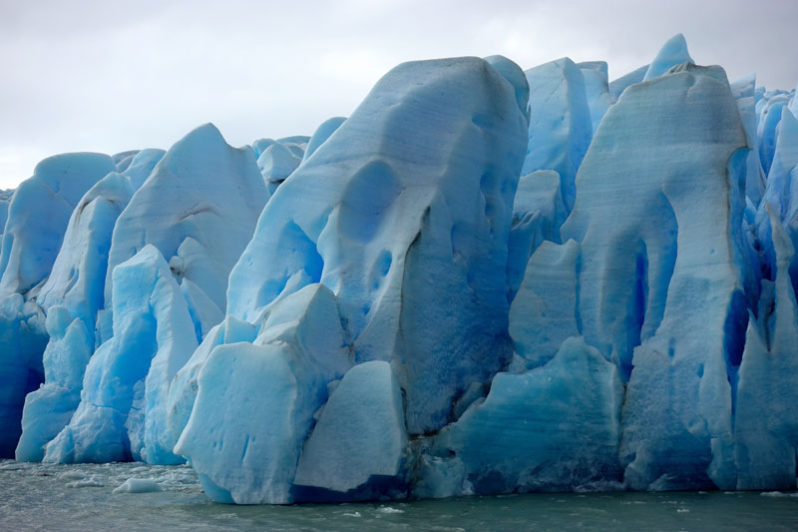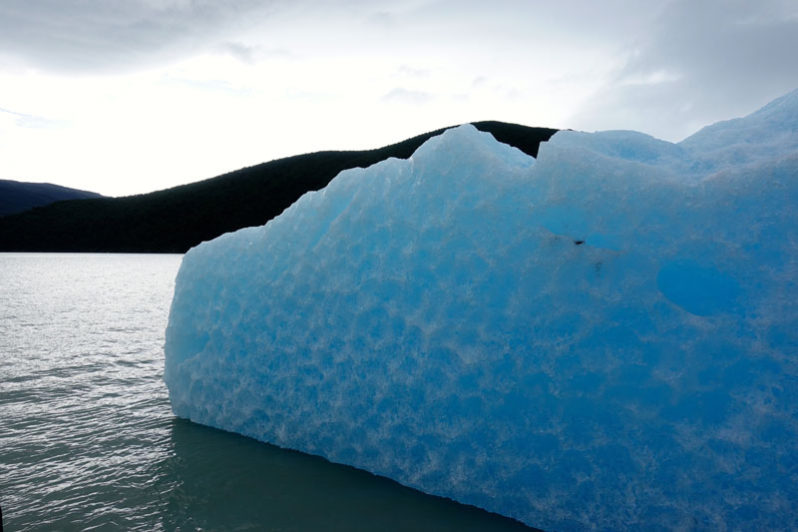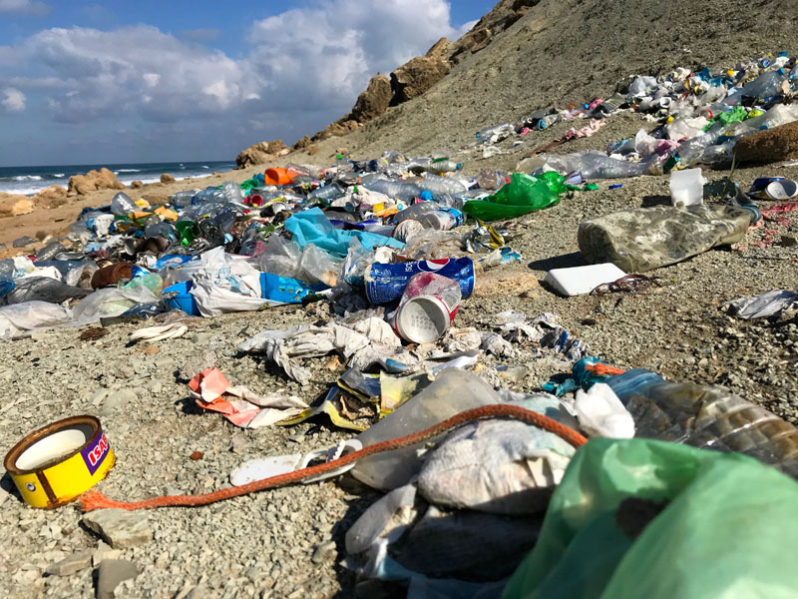Purchasing «Sahara sand» to maintain a Canary Islands’ beach stirs controversy

The Canary Islands archipelago has been slammed for using Sahara sand to maintain one of its beaches. The works were also criticized for violating the procedure set by the islands’ authorities.
Unprecedented and worrying rise in sea levels

A new study has discovered new evidence of sea-level variability in the central Indian Ocean. The study, which provides new details about sea levels in the past, concludes that sea levels in the central Indian Ocean have risen by close to a meter in the last two centuries.
Oil spill off the Galápagos Islands prompts emergency cleanup effort

A barge carrying 600 gallons of diesel fuel sank in waters off the Galápagos Islands early Sunday, prompting an emergency cleanup effort in the environmentally sensitive area.
Global mineral sand market report to share key aspects of the industry with the details of influence factors

Mineral sand is old beach sand that contains concentrations of key minerals. Based on end-user industry, the market can be classified into building & construction, paints & coatings, metal & mining, and others. The building & construction segment is projected to expand at a rapid pace during the forecast period.
The global price tag for 100 Percent renewable energy: $73 trillion

A global effort to transition to 100 percent renewable energy by 2050 would cost nations $73 trillion upfront — but the expense will pay for itself in under seven years, according to a new report. The shift to a zero-carbon global economy would create 28.6 million more full-time jobs than if nations continue their current reliance on fossil fuels.
Ghana: Sand mining threatens coastal tourism in Central Region

Ghana’s 168,000-kilometres of Atlantic ocean (Gulf of Guinea) is undulated with batholiths as a dominant feature with stretches of sandy beaches intermittently separated by cliffs or rock outcrops. However, intensive activities of illegal sand miners at its coastline has exposed tourist facilities and other national edifices to the ravages of the sea.
As climate change worsens, a cascade of tipping points looms

New research warns that the earth may be approaching key tipping points, including the runaway loss of ice sheets, that could fundamentally disrupt the global climate system. A growing concern is a change in ocean circulation, which could alter climate patterns in a profound way.
Greenland ice losses rising faster than expected

Greenland is losing ice seven times faster than in the 1990s and is tracking the Intergovernmental Panel on Climate Change’s high-end climate warming scenario, which would see 40 million more people exposed to coastal flooding by 2100.
The plastics pipeline: a surge of new production is on the way

A world awash in plastic will soon see even more, as a host of new petrochemical plants — their ethane feedstock supplied by the fracking boom — come online. Major oil companies, facing the prospect of reduced demand for their fuels, are ramping up their plastics output.
